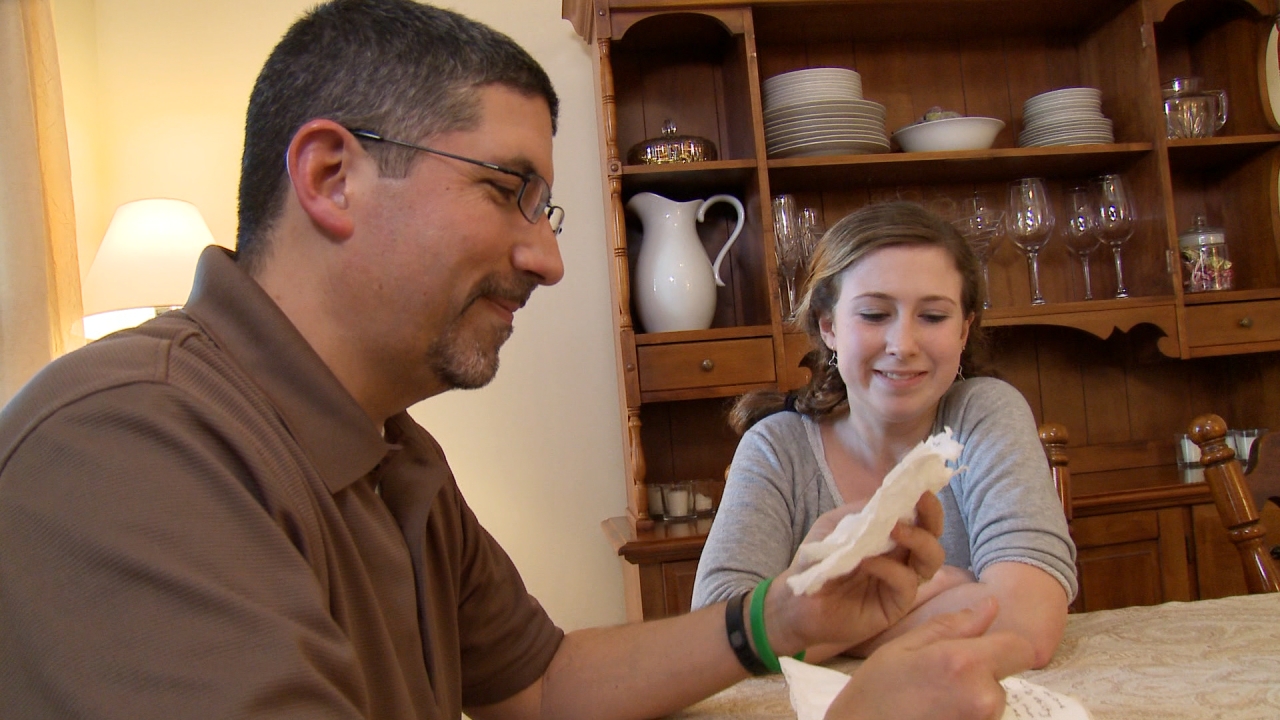I was camping, an activity that I don't thoroughly enjoy to start with.
At least we were with good friends and in a cabin.
There was a great birthday dinner for a dear friend. We had steak, wine, cupcakes, some board games. We were all feeling a bit tired because we had spent the day outside and had walked the trails. Actually, I even ran for a good amount of time since my dog, Noel, was feeling quite frisky and wanted to tear down the trails as only she could.
It was only 10 o'clock, but since we were tired, we were all turning in one after one. I cleaned up, brushed my teeth, and went to the bathroom. I was unprepared and in complete shock to see my urine gush out with a sangria color.
I didn't want to alarm anyone, but my mind was in freak out mode. There are all sorts of analogies that I could make regarding this experience, but I'll just leave it that I have never seen anything like this and was unable to process this situation.
Did I say that we were camping? Did I mention that I was "off the grid" and had practically no cellular signal? As a geek, that in and of itself was stressful enough, but now I really had some information that I needed to seek out!
I let my wife, Lissa, know what happened and I attempted to gracefully excuse myself to step outside. If I help my phone at the right angle outside, I could get enough signal to start Googling and get some information. After quite a bit of time, I had a small list of potential causes.
- Kidney stones
- Infections of the urinary tract (UTIs) or genitals
- Blockage of the urinary tract, usually the urethra: by a stone, a tumor, a narrowing of the opening (stricture), or a compression from surrounding structures
- Cancer of the kidney, bladder, or prostate
- Kidney disease
- Blood-clotting disorders
- Injury to the upper or lower urinary tract, as in a car accident or a bad fall (especially falls onto your back)
- Medications: antibiotics (for example, rifampin [Rifadin]), analgesics such as aspirin, anticoagulants (blood thinners such as warfarin, [Coumadin]), phenytoin (Dilantin), quinine (Quinerva, Quinite, QM-260)
- Benign (noncancerous) enlargement of the prostate known as benign prostatic hypertrophy (BPH), a common condition in older men
- Chronic diseases such as diabetes, hypertension, and sickle cell anemia
- Viral infections
- Inflammation of the kidney, usually of unknown cause
- Strenuous exercise, especially running, results from repeated jarring of the bladder. In one study, 24% of runners who competed in an ultra-long-distance marathon had hematuria after the race. The hematuria disappeared within seven days. A 20% incidence has been found in marathon runners.
- Foods: beets, berries, and rhubarb in large amounts
- Food colorings
I was able to quickly eliminate a few from the list. I needed to calm myself down and was very hopeful after reading the last three potential causes. I had experienced strenuous exercise, more than I had in a long time. I had also had a red velvet cupcake from a gourmet shop. Lissa shared with me that they likely used a high concentration of beet juice dye to make the chocolate cake turn red.
That was enough to allow me to sleep. I was deathly afraid of needing to go to the bathroom again ...

